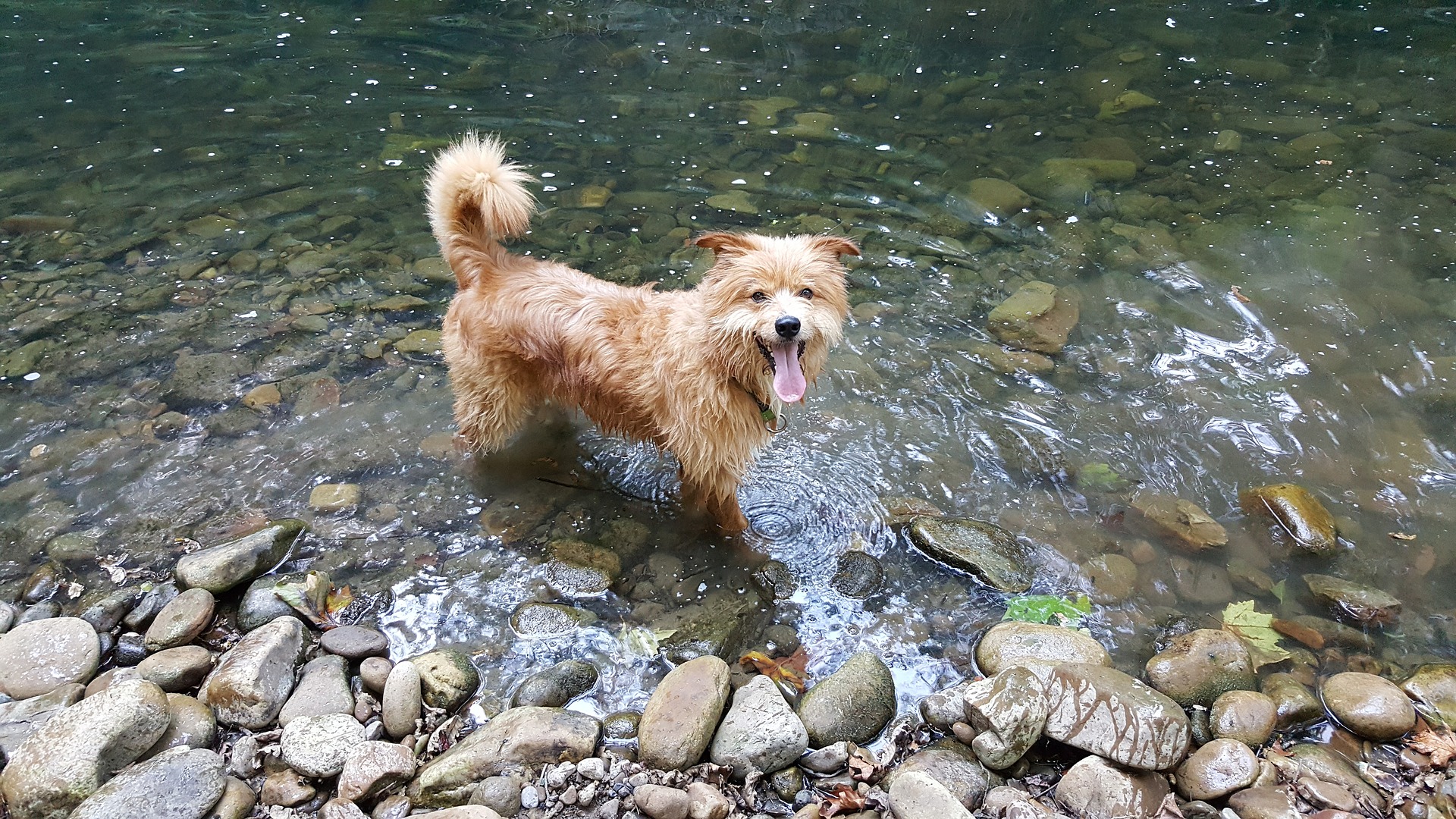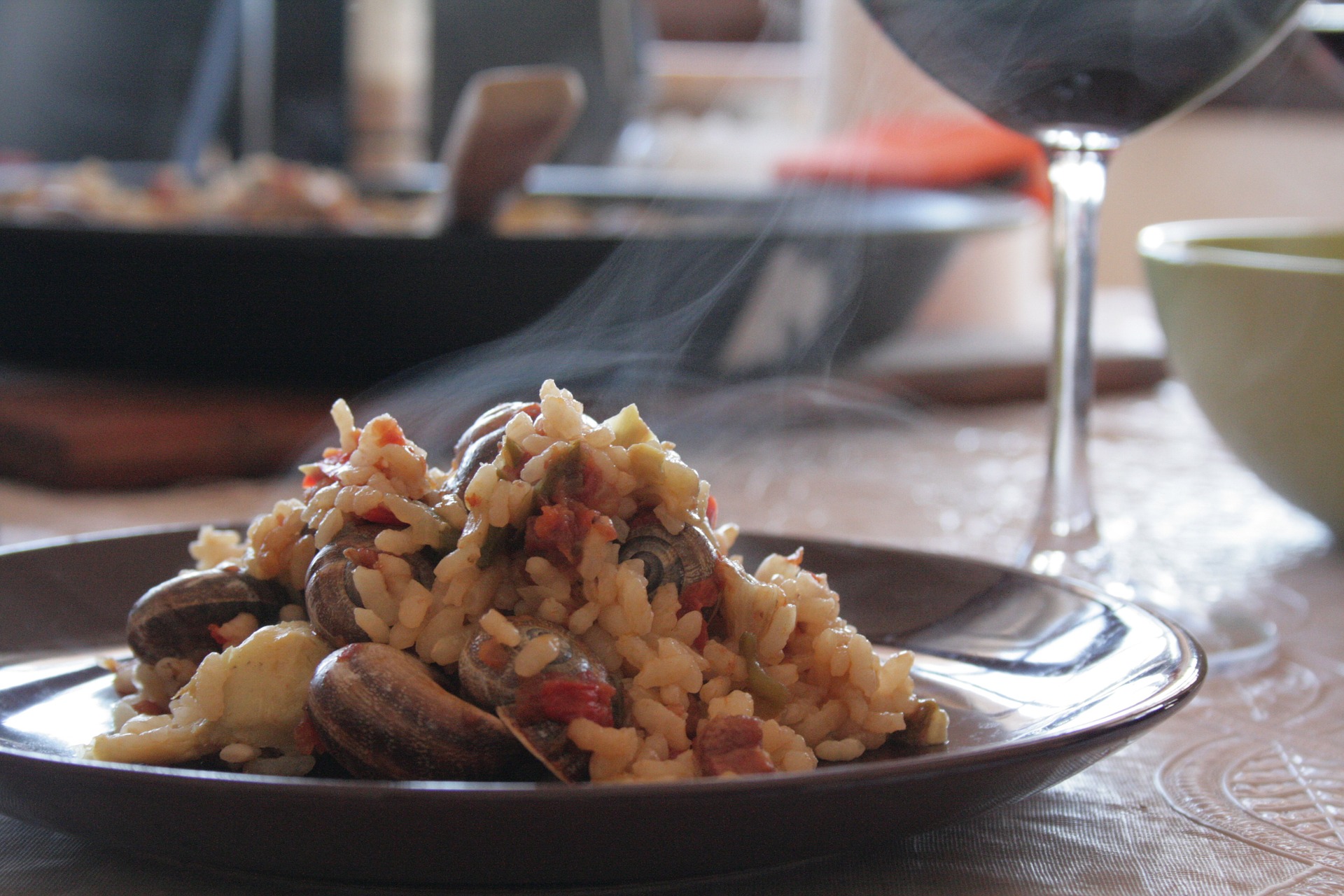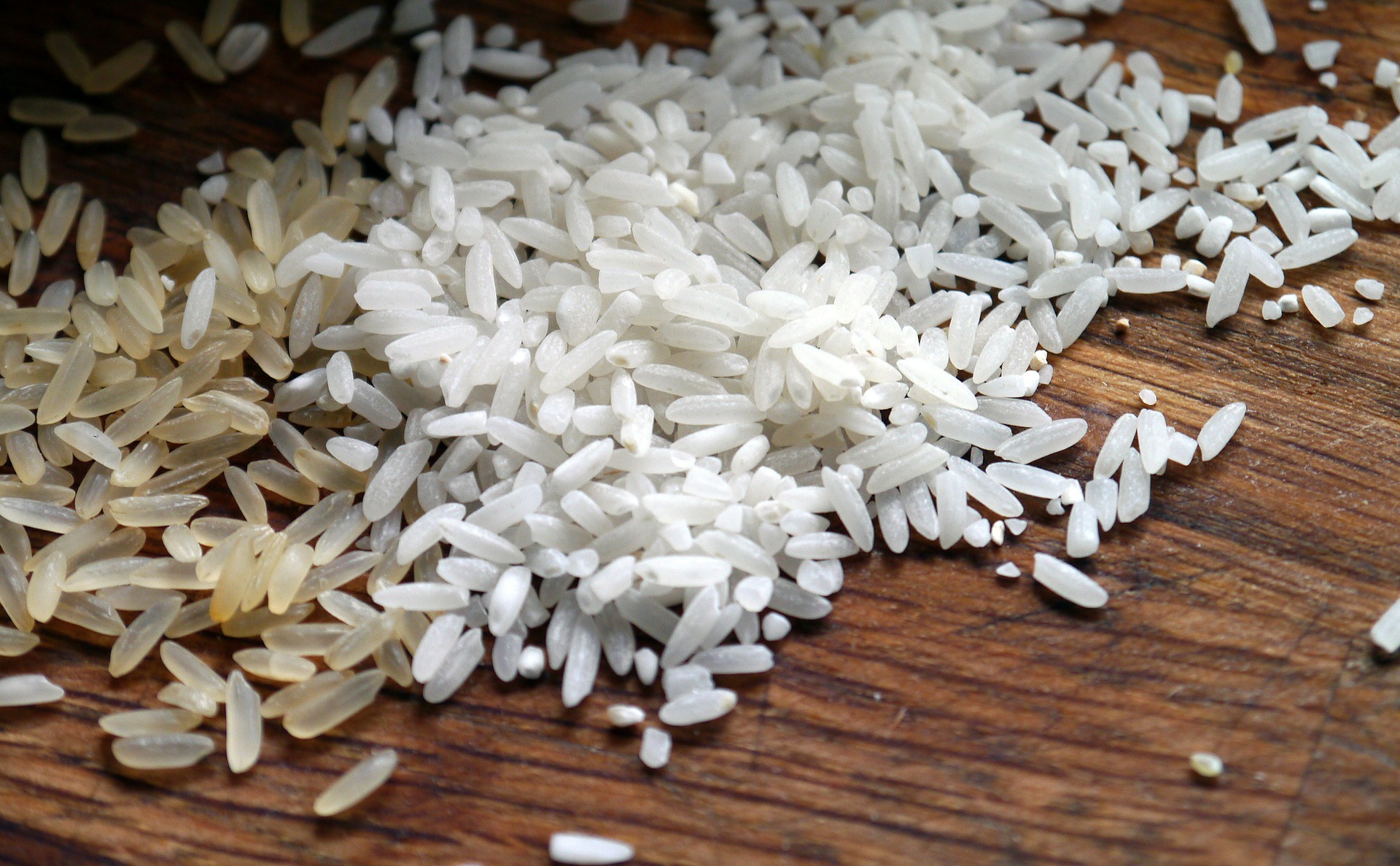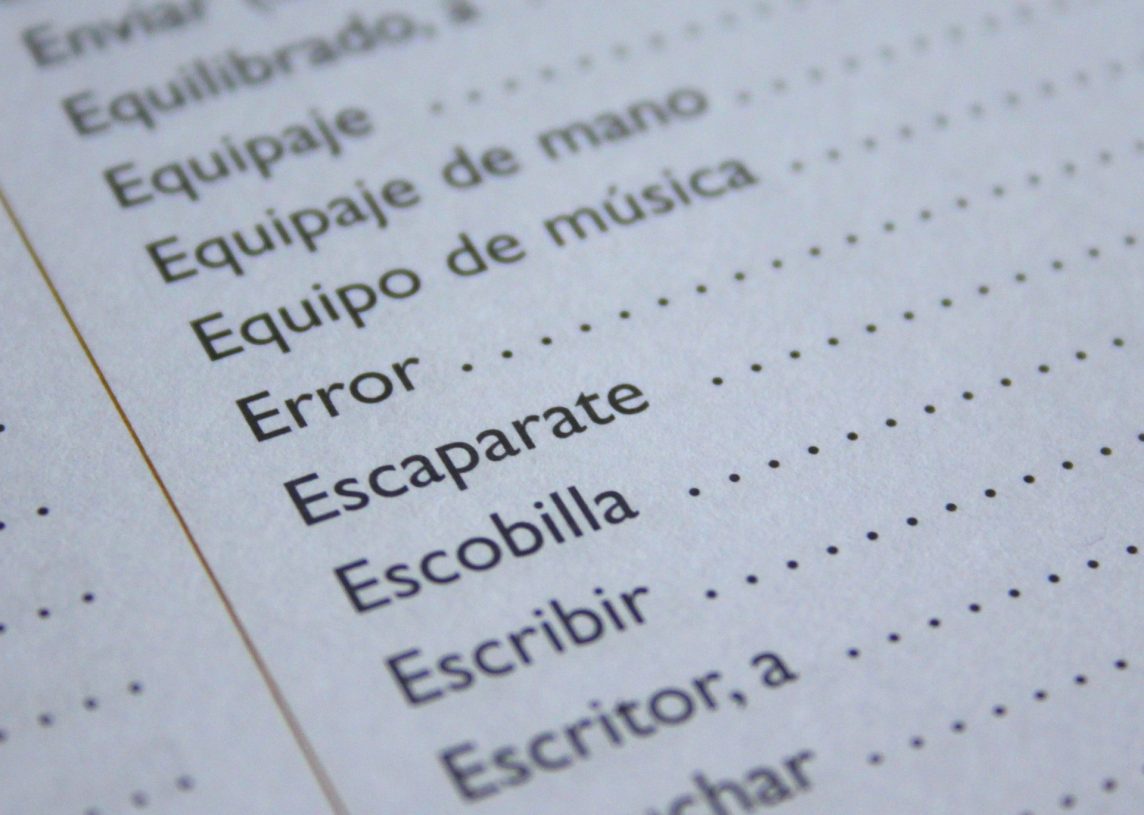It’s usually said that in Spanish, we write as we pronounce. However, it’s not easy to catch our speed as when we speak, we tend to go really fast! There are sounds that don’t exist in other languages, such as our beloved “ñ” or our double r “rr” and, with the latter, one better be ready to roll their tongue. Here are 12 words with tricky pronunciation we are sure you can master with just a bit of practice!
Exercise: Clench your jaw, pout the lips and exhale out with pressure while humming. Not do the same thing with open mouth while pronouncing the R sound. The tongue is supposed to roll and flick at a rhythm while you are saying this. Practice sustaining this RR (It is best to practice this exercise in solitude or with friends only). Try to sustain this sound with the rolling tongue for as long as you can. Children do this a lot when playing by themselves. C’mon try it, learning is very much like being a child again.
12 of the toughest Spanish words
Perro = Dog

To successfully pronounce our strong ‘r’, simply roll the ‘rr’ on your tongue and get the sound right! Perro means dog. However, you need to be careful with the accurate pronunciation as a soft “r” will change the meaning ‘dog’ to ‘but’ which is spelled as pero.
Mispronunciation: peh- rO
Correct pronunciation: pEh – rroh
Idea = Idea

This Spanish word is written exactly like it is in English but watch out for the pronunciation!
Mispronunciation: I – dee – ah
Correct pronunciation: ee-dEh-ah
Horrible = Horrible
So what is the difference between the Spanish and English pronunciation of this word when it’s spelled exactly the same, you may ask? The H is silent in Spanish and we also have the double ‘r’, a little bit of a challenge here.
Mispronunciation: HOh – ree- bleh
Correct pronunciation: Oh – rrEE – bleh
Refrigerador = Refrigerator

The ‘g’ in Spanish has two sounds depending on the following vowel. Ga, Go, Gu would have the sound of ‘G’ as it does in the word ‘goat’. But, if it’s followed by ‘e’ or ‘i’, the sound changes to a strong ‘h’ from your throat. Remember that the ‘r’ at the beginning would have the strong, rolling ‘r’. Have fun with this one!
Mispronunciation: reh – free – ge – rA – tor
Correct pronunciation: Rre – free – he – rAh – dor Mejores Mujeres = Best Women
Perhaps a tiny bit like a tongue twister for a non-native speaker, take on the challenge by saying it fast! Quick tip; the ‘J’ in Spanish is a strong ‘h’ and not what you’d assume to be the ‘j’ sound from the English language.
Mispronunciation: Meh-jO-res Moo-jE-res
Correct pronunciation: Meh-hO-res Moo-hE-res
Hotel = Hotel

Once again written the same way as it is in the English language, the world has our famous silent ‘h’.
Mispronunciation: Ho – tEl
Correct pronunciation: Oh – tEl
 Otorrinolaringólogo = Ear/Nose/Throat Specialist
Otorrinolaringólogo = Ear/Nose/Throat Specialist

Yes, in Spanish we can have some very long words and they’re challenging simply because they have many syllables!
Mispronunciation: O-to-ri-no-la-rin-gO-lo-go
Correct pronunciation: oh-to-rrih-noh-lah-rin-gOh-loh-goh
Paella = Paella

Yumm… This delicious Spanish rice dish originated from Valencia, Spain and is popular all over the world! The double ‘l’ in the word is pronounced similar to ‘y’ in the English language. Pretty unimaginable, isn’t it?
Mispronunciation: pah-Eh-la
Correct pronunciation: pah-Eh-ya
Ferrocarril = Railway

Challenge! Roll up your ‘r’ twice to get it right!
Mispronunciation: feh-rO-ca-ril
Correct pronunciation: feh-rro-cah-rrIl
Esternocleidomastoideo = Sternocleidomastoid
Similar to the English counterpart but a bit longer, you need to pronounce all the sounds because there are many!
Mispronunciation: S-te-nor-cleh-I-do-mas-to-I-dee-Oh
Correct pronunciation: eh-s-teh-r-noh-cleh-ee-doh-mas-toh-ee-dEh-oh
Niño = Boy

A unique Spanish sound, ‘ñ’ is pronounced similar to the “nio” in Onion.
Mispronunciation: nih-no
Correct pronunciation: NEEh-nio
Arroz = Rice

Again, roll up your “r”! ‘Z’ is pronounced like a strong “th” from the English language.
Mispronunciation: A-ro-s
Correct pronunciation: Ah-rr-Oh-th
Conclusion
With native languages, it becomes our second nature to be able to say the words and pronounce every sound the right way, so much so that we don’t have to think about the pronunciation at all when speaking. However, when it comes to learning new languages, some people get scared away when learning absolutely new sounds that are yet not part of their linguistic system. Some sounds become particularly challenging as you try to form the words using your tongue and lips differently than you are used to. Rest assured, if you give it your time and dedication, you’ll be surprised at how quickly you may ending passing this stage and how easily these new sounds and words start rolling from your tongue.
As you continue to practice and progress, your brain strengthens these new neurological pathways and before you know it, the words flow like second nature and the language becomes ‘normal’ to you. Gone are the days when it was next to impossible to learn non-local languages. Thanks to the internet and Cudoo, all you need to master a new language is the will and dedication of practice.
Up for the challenge of learning some more sizzling Spanish words? Vamos!
Fact: Spanish is spoken by 400 million people – but; the total population of Spain is 47 million. Go ahead and learn about the different people that speak Spanish worldwide.
Andrie Steliou
Latest posts by Andrie Steliou (see all)
- 8 Ways to Help Keep Your Child Focused and Engaged in Online Learning - October 19, 2022
- How to Improve Social Intelligence Skills? - May 10, 2022
- How to Improve Organizational Skills at Workplace? - May 6, 2022

